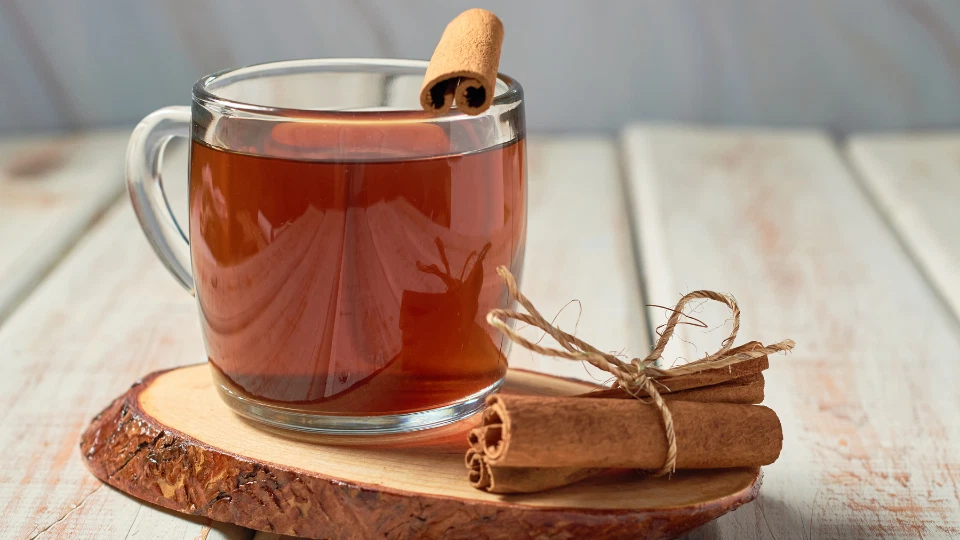WELL-BEING

What Scientists Are Learning About Everyday Habits That May Support Cognitive Health
In recent years, researchers from leading universities and neuroscience institutes have begun exploring something intriguing: how simple daily habits can influence memory, focus, and long-term brain performance.
What’s remarkable is that these approaches don’t involve complex medications or high-tech solutions — but rather small lifestyle choices and natural ingredients most people already have at home.
NY,
By >>Mary Sant’Ana<<

Nova Health News – All rights reserved
A New Perspective on Memory and Brain Aging
For decades, forgetfulness and mental fatigue were seen as an inevitable part of getting older. However, new research suggests that environmental factors, diet, and daily routines play a larger role than previously understood.
Recent studies have focused on the connection between neuroinflammation, oxidative stress, and the gut-brain axis, exploring how diet and lifestyle habits may affect brain signaling and cognitive clarity.
While the scientific community continues to debate the extent of these effects, many experts agree that certain natural compounds — especially those found in herbs, fruits, and spices — may support mental sharpness when combined with healthy habits.
The Discovery That Sparked Global Interest
Several independent research teams have been investigating how polyphenols and antioxidants in everyday foods might influence cognitive function.
Compounds found in ingredients such as turmeric, green tea, and rosemary have drawn attention for their potential neuroprotective properties in preliminary studies.
These findings don’t represent a cure or medical treatment — but they do highlight how small daily actions may contribute to better brain health over time.
Meta-analyses and systematic reviews have shown modest improvements in markers of cognitive performance, though results vary depending on dose, duration, and participant characteristics.
A Simple Daily Habit Gaining Attention
One habit getting attention is surprisingly easy to follow: adding brain-friendly ingredients to your daily routine, whether as part of a morning drink or a balanced meal.
Some wellness experts recommend including natural foods rich in antioxidants — such as blueberries, turmeric, and herbal infusions — as part of a broader lifestyle approach.
It’s essential to note that these are complementary habits, not replacements for medical advice or prescribed treatment. The goal is to support long-term cognitive health naturally and safely.
Experts in wellness, nutrition, and metabolic research agree that small, consistent habits can play a meaningful role in overall health.
Across scientific studies, traditional practices, and modern lifestyle research, a recurring theme appears: balance, moderation, and simplicity tend to support better long-term outcomes.
This perspective bridges modern evidence with everyday experience — without relying on quick fixes or exaggerated claims.
Personal Stories and Everyday Experiences

On forums and social media, people have shared personal accounts of improved focus, mental energy, and clarity after adopting small daily changes.
While anecdotal, these experiences have inspired more research and public curiosity.
— John, 61, North Carolina
“I started drinking a mix of green tea and turmeric every morning. I can’t say it’s magic, but I definitely feel more focused when I start my day.”
— Patricia, 57, California
“I’ve been adding herbs like rosemary and sage to my meals. Maybe it’s coincidence, but I feel sharper and more alert.”
— Michael, 64, Texas
“Consistency seems to make a difference. The habit itself — taking a mindful moment each morning — has become something I really value.”
Why Scientists Are Still Exploring
There’s still no universal consensus. The main challenge lies in variability between studies — different populations, dosages, and outcome measures.
However, an increasing number of researchers see value in combining traditional wisdom with modern evidence.
Ongoing clinical trials continue to explore the relationship between diet, gut microbiota, and cognitive resilience.
Where to Learn More

If you’d like to explore products or publications related to natural brain health, there are reliable sources available.
For example, on Amazon you can find organic turmeric, rosemary extract, and green tea supplements commonly used in ongoing studies.